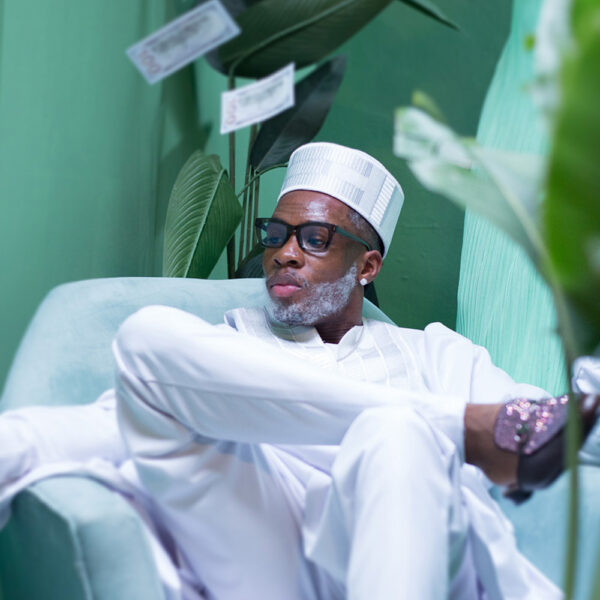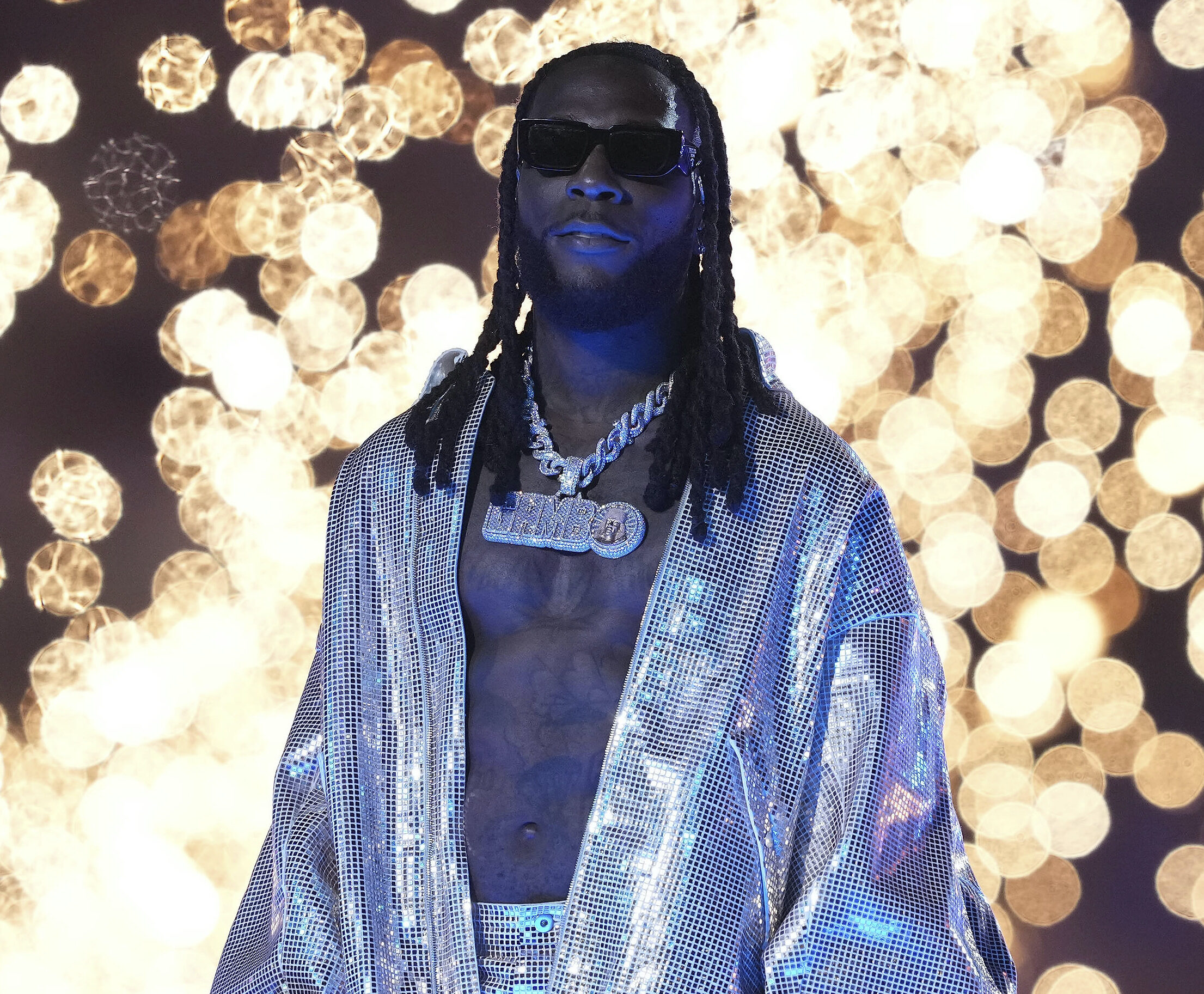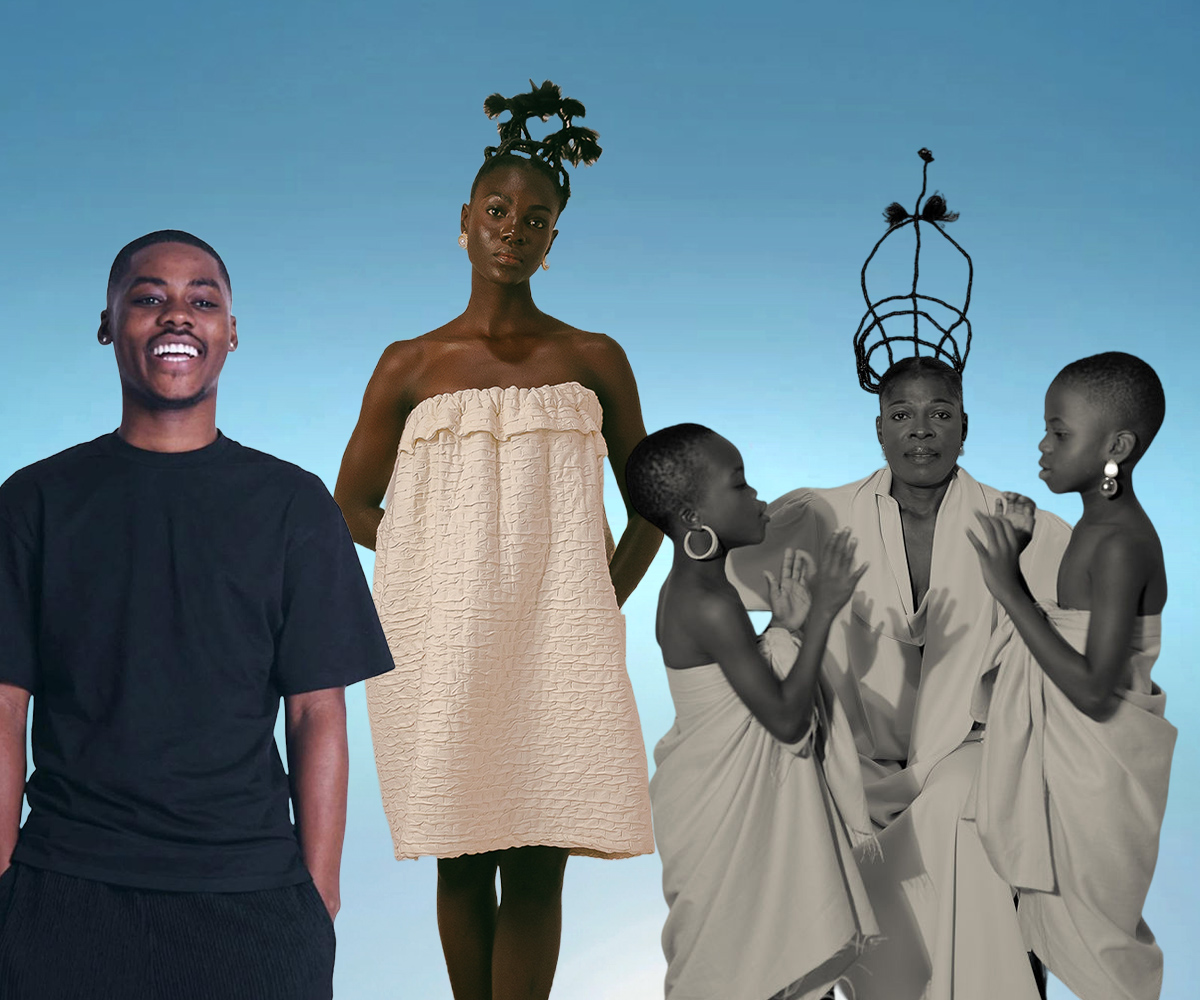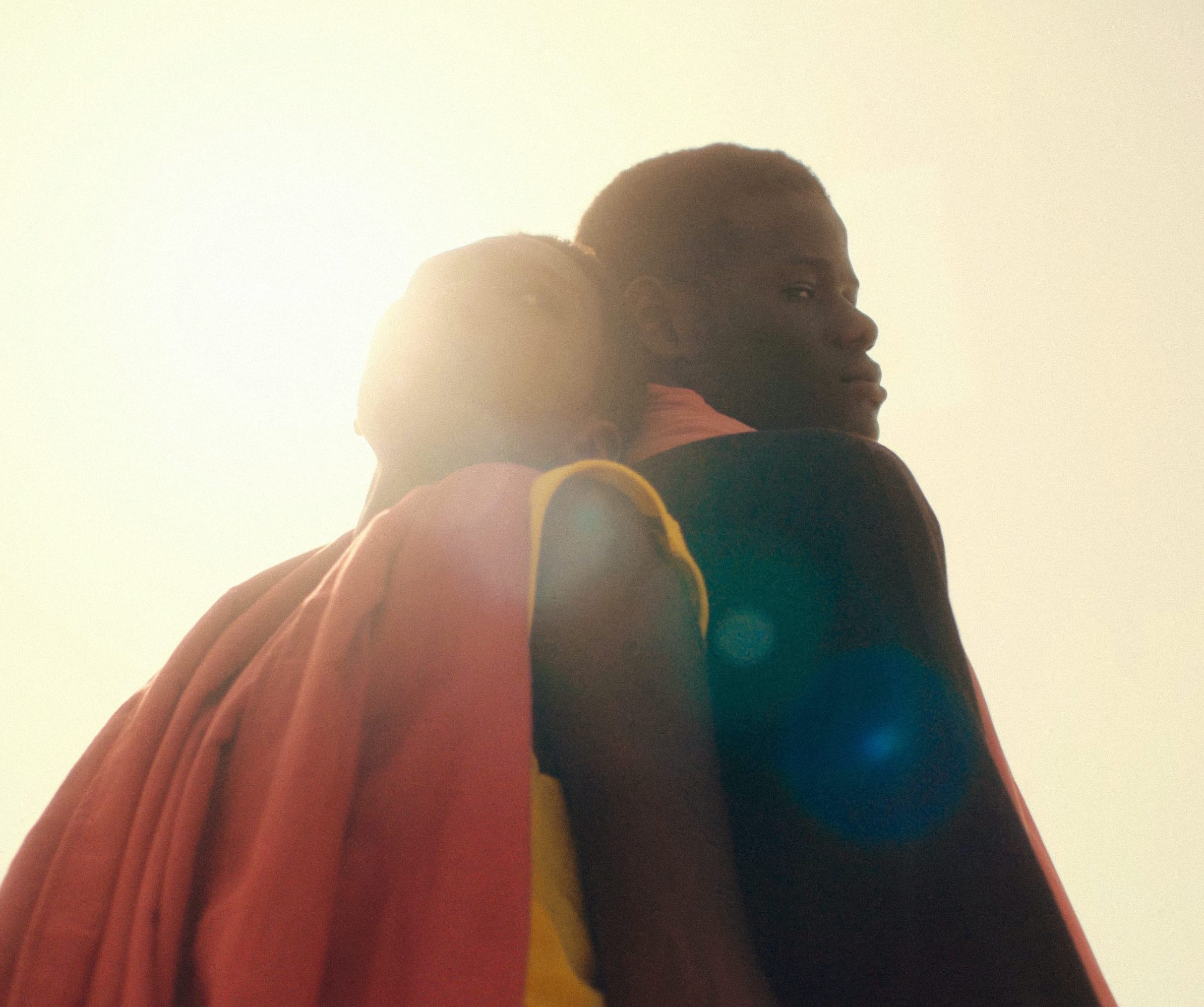
Photo credit: Lolu Photography; Styled by: Overdosed Kulture
Fashion
A New Dawn for Fashion and Afrobeats Kings

Photo credit: Lolu Photography; Styled by: Overdosed Kulture
New artists are using fashion to challenge cultural boundaries, spurring both controversy and diversity
By Elvis Kachi
September 2023
Last week, Afrobeats king, Asake, who currently ranks as one of Spotify’s best, with over 634,218,132 streams, started a “How to Dress like Asake” challenge, featuring funky jeans and signature jewelry. That challenge has since garnered over 2,000+ posts on Instagram alone. It is a stark reflection of how much power artists and superstars have in shaping and influencing the cultural zeitgeist. Asake came into the limelight in 2022, after being signed into Olamide’s YBNL record label. Almost immediately, his bold fashion choices became a conversation focal point for fans and critics, and he has only continued to pique interest with his signature style.
“A lot of these artists are now very aware of fashion trends both locally and internationally, and they try to infuse their personalities in their styles, so it reflects who they are,” PR officer and music journalist, Robert Solomon, tells STATEMENT when talking about the ever evolving fashion of Afrobeats artists.
The evolution of fashion within the Afrobeats genre reflects the cultural shifts and ever-changing landscape of men’s fashion. Afrobeats, characterized by its fusion of African rhythms and contemporary sounds, emerged in the early 2000s. During this period, male artists often incorporated elements of traditional African attire into their wardrobe. “If you looked at the men from back in the days, you’d see that artists like Lagbaja, Fela and Olamide would always infuse African prints,” Solomon says, “but I think this shift [in men dressing more expressively] is as a result of Afrobeats getting more international acclaim.”
As Afrobeats has gained global recognition in the last few years, the experimental fashion of male Afrobeats artists lives at the intersection of cultural preservation and contemporary expression. Artists have been embracing a more eclectic and globalized style, drawing inspiration from international fashion trends while maintaining a distinct personality flair. Artists like Asake, Flavour, Adekunle Gold, and Boj have fashion senses that are notoriously gender fluid— exaggerated pants, multiple accessories, skimpy tops, and platform shoes. Their sartorial sensibility is important as they are Black men in a conservative country like Nigeria. By embracing a wide range of styles, they encourage dialogue about diversity and individuality within the fashion world.
Flavour, styled by celebrity stylists Swazzi and Oray, caused quite the stir back home, while on tour in the UK last month. On stage in London, he wore a white ensemble with cinched waist and hips and loosely fitted bell-buttons. He paired that with a top made from glittery stones, designed to show off some skin. The current [conservative] nature of Nigeria is one that rarely allows for expression, especially from men. These artists are at the forefront of societal attitudes toward not only fashion, but masculinity as a whole. Inspiring many a dialogue about diversity, their flair for expression has extended far beyond the music industry, impacting the entire fashion industry as well.
Aguocha Chigozie Hillary, stylist and founder of Overdose Kulture, who has worked with the likes of Wande Coal, Joe Boy, Zinoleesky, and Buju, thinks that it’s essential to understand the physical and innate attributes of the artists. “I personally look at their skin type, eye color, features, who they’re inspired by, the part of their bodies that makes them confident, etc.” There is no doubt that how an artist chooses to represent themselves impacts our experience of the music itself.
The marriage of Afrobeats and fashion highlights the dynamic nature of both the music and fashion industries. It reflects their commitment to preserving tradition, embracing global influences, and promoting gender-fluid fashion. Their impact is starting to extend beyond music charts and runways, inspiring individuals worldwide to break free from conformity and express their true selves through fashion. These artists are trailblazers, reminding us of the power of style to transcend cultural boundaries.


